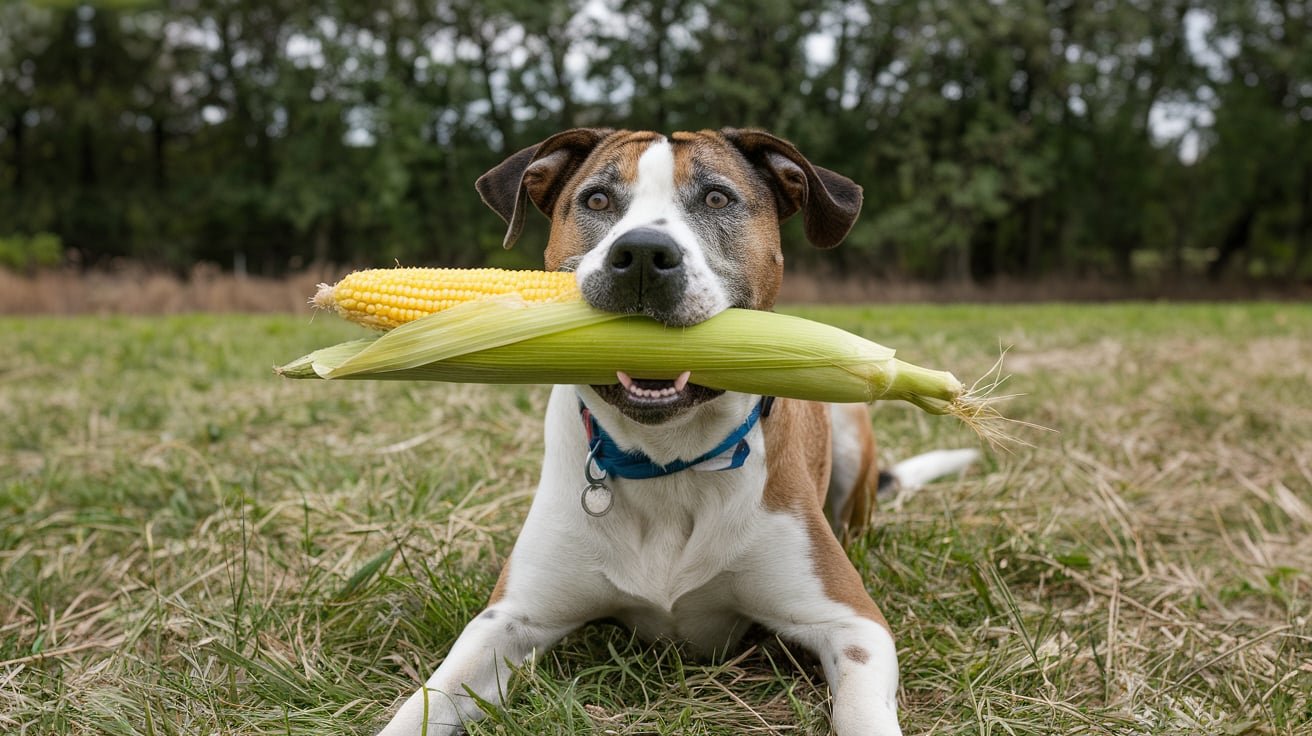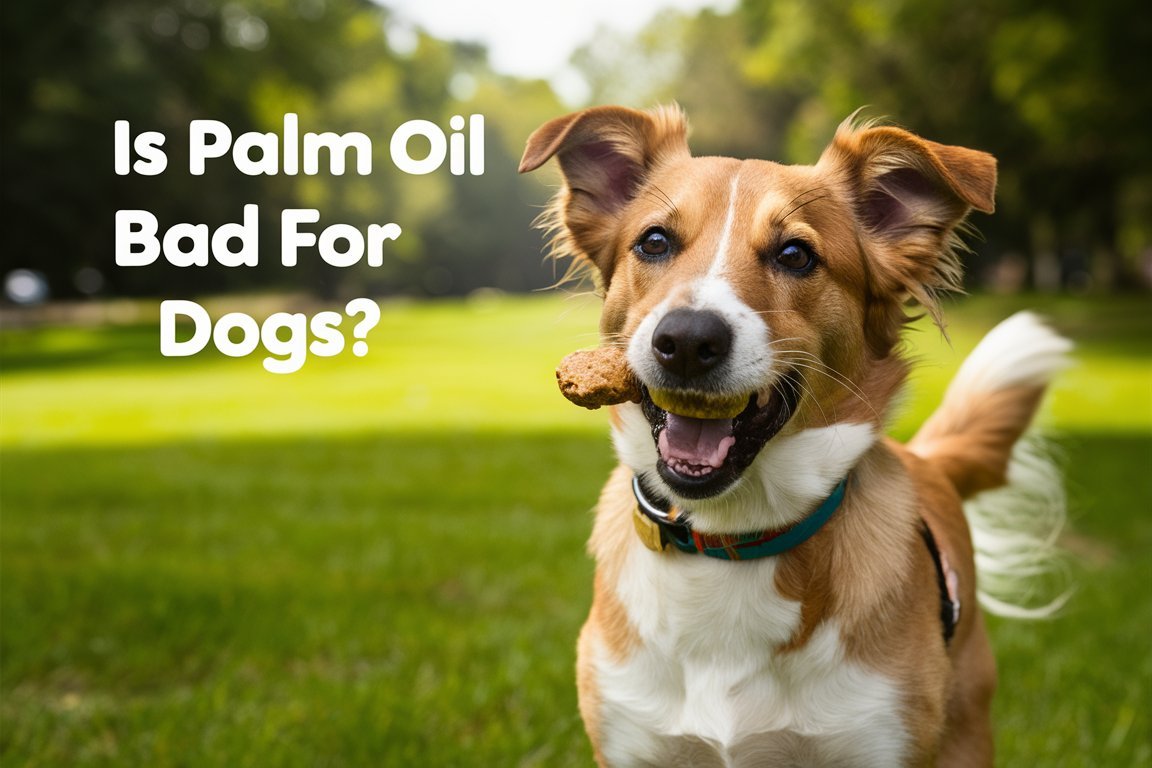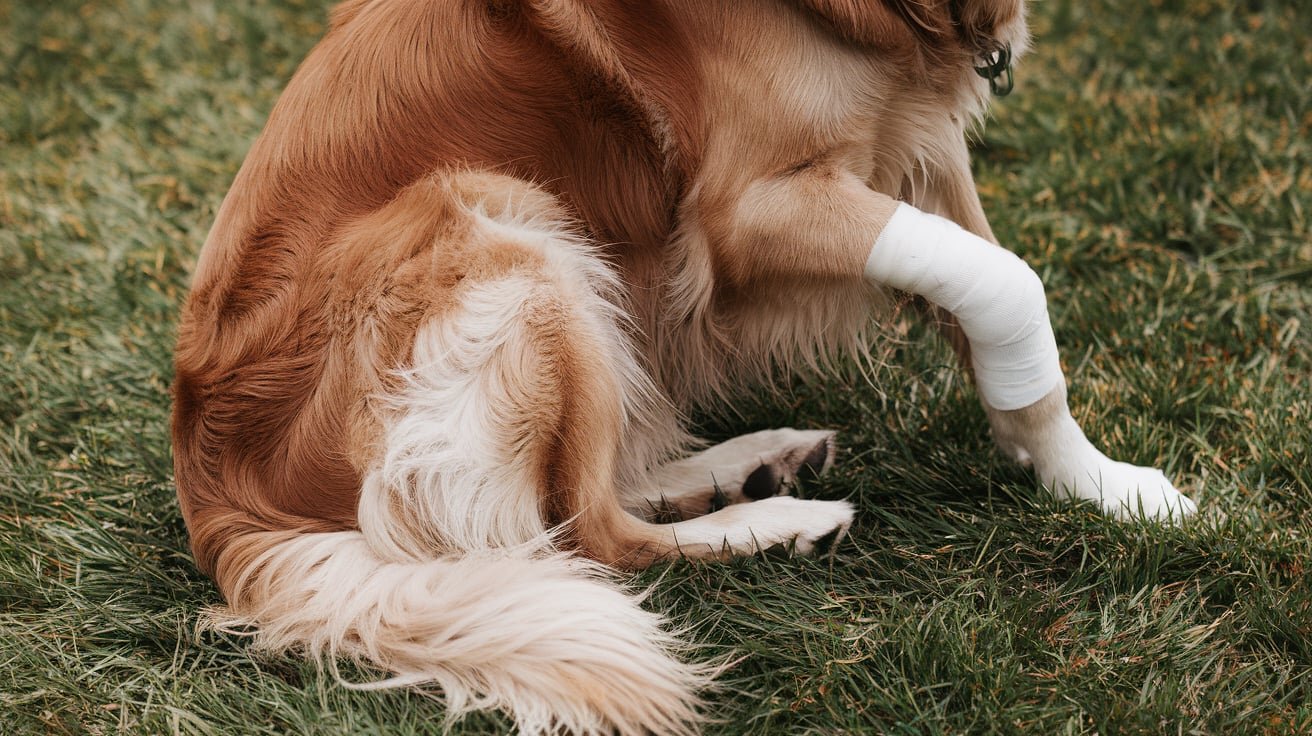Introduction
As a dog owner, you want to ensure your furry friend is getting the best nutrition possible. However, many of us find ourselves wondering whether certain human foods are safe for dogs. One common question, especially during BBQ season or while preparing a meal, is: Can dogs eat sweetcorn?
The short answer is yes, dogs can eat sweetcorn, but with some important caveats. While sweetcorn is a popular food in the UK and can offer some health benefits for dogs, it’s essential to know how to serve it properly and the potential risks it may pose.
In this article, we’ll dive into everything you need to know about feeding sweetcorn to your dog. From the nutritional benefits to how to prepare it safely, we’ll cover it all so you can confidently decide whether to add this tasty vegetable to your dog’s diet.
Is Sweetcorn Safe for Dogs?
Let’s start with the basics: sweetcorn is safe for dogs to eat—but only if it’s served correctly. The kernels, which are the small, soft pieces of corn you find on the cob, are not toxic to dogs. In fact, sweetcorn can provide some nutritional value for your pet. However, there are some important factors to consider:
- Never Feed the Cob: While the kernels are safe, corn on the cob can be extremely dangerous for dogs. If swallowed, the cob can cause serious blockages in their digestive system, which may require surgery. Always remove the kernels from the cob before offering sweetcorn to your dog.
- Moderation is Key: Like many human foods, sweetcorn should only be given as an occasional treat. Too much can lead to digestive upset due to the high starch and fibre content.
Anecdote: My friend’s Labrador once managed to get hold of a whole corn on the cob during a family BBQ. What seemed like a harmless snack turned into an emergency vet visit when the cob caused an intestinal blockage. It was a stressful reminder of how important it is to ensure our pets don’t eat foods that can harm them.
Nutritional Benefits of Sweetcorn for Dogs
Now that we know sweetcorn can be safe for dogs in moderation, let’s talk about its nutritional benefits. Sweetcorn contains several vitamins and minerals that can be good for your dog, such as:
- Fibre: Sweetcorn is a good source of dietary fibre, which can help regulate your dog’s digestion. However, too much fibre can have the opposite effect, leading to stomach upset or diarrhoea.
- Vitamin B6: This vitamin is essential for healthy brain function and can help regulate your dog’s metabolism.
- Antioxidants: Sweetcorn contains antioxidants like lutein and zeaxanthin, which are beneficial for your dog’s eye health.
- Carbohydrates: As a starchy vegetable, sweetcorn is rich in carbohydrates, providing your dog with an energy boost. However, it should not be a primary source of carbs in their diet.
While sweetcorn offers some health benefits, it’s important to remember that your dog’s main source of nutrition should always come from a balanced diet specifically formulated for dogs.
How to Safely Feed Sweetcorn to Your Dog
If you decide to feed sweetcorn to your dog, follow this step-by-step guide to ensure it’s done safely:
Step 1: Prepare the Sweetcorn
- Remove the Cob: As mentioned earlier, never allow your dog to chew on the cob. Remove the kernels carefully using a knife or your fingers.
- Cook the Sweetcorn: Raw sweetcorn can be difficult for dogs to digest, so it’s best to cook it first. Steamed or boiled sweetcorn without any added butter, salt, or seasoning is the safest option.
- Avoid Additives: Butter, salt, and seasonings commonly added to sweetcorn can be harmful to dogs, so always serve it plain.
Step 2: Offer in Moderation
Sweetcorn should be given as an occasional treat, not a regular part of your dog’s diet. A small handful of kernels mixed in with their regular food or used as a treat is more than enough.
Step 3: Watch for Signs of Digestive Upset
After feeding your dog sweetcorn for the first time, monitor them for any signs of digestive upset, such as bloating, vomiting, or diarrhoea. If your dog has a sensitive stomach, sweetcorn may not be the best choice for them.
Potential Risks of Feeding Sweetcorn to Dogs
While sweetcorn can be a safe and tasty treat for dogs, it’s essential to be aware of the potential risks:
1. Choking Hazard
As we’ve mentioned, the corn cob poses a serious choking hazard and can cause intestinal blockages. This is one of the most common dangers associated with feeding sweetcorn to dogs.
2. Allergic Reactions
Although rare, some dogs may be allergic to corn. If your dog shows signs of an allergic reaction, such as itching, swelling, or difficulty breathing, stop feeding them sweetcorn immediately and consult your vet.
3. Digestive Issues
For some dogs, the high fibre content in sweetcorn can lead to digestive issues, especially if they eat too much at once. If your dog experiences gas, diarrhoea, or constipation after eating sweetcorn, it’s best to avoid feeding it in the future.
Anecdote: A colleague’s dog, a Cocker Spaniel, loved eating sweetcorn as a treat, but they noticed that every time she had it, she’d experience a bit of bloating. It turns out, even small portions of sweetcorn were too fibrous for her sensitive stomach.
Can Puppies Eat Sweetcorn?
While adult dogs can enjoy sweetcorn in moderation, puppies should be treated with extra caution. A puppy’s digestive system is still developing, and introducing new foods too early can lead to stomach upset. It’s best to avoid feeding sweetcorn to puppies until they are older and their digestive system can handle more varied foods.
Frequently Asked Questions (FAQ)
1. Can Dogs Eat Canned Sweetcorn?
Canned sweetcorn is generally not recommended for dogs because it often contains added salt or sugar, which can be harmful. If you want to feed your dog sweetcorn, it’s best to stick to fresh or frozen corn that you can cook yourself.
2. Can Dogs Eat Popcorn?
Popcorn can be safe for dogs as long as it’s plain, air-popped, and free from butter, salt, or other seasonings. However, it should be given sparingly and not in large quantities, as it can be difficult for some dogs to digest.
3. Can Dogs Eat Cornbread?
Cornbread is usually not recommended for dogs because it often contains added sugar, butter, or milk, which can lead to digestive upset. Some cornbread recipes also include ingredients like onions or garlic, which are toxic to dogs.
Final Thoughts: Should You Feed Sweetcorn to Your Dog?
In conclusion, dogs can eat sweetcorn, but it’s important to do so with caution. The kernels offer some nutritional benefits, such as fibre and vitamins, but they should only be given as an occasional treat. Most importantly, never feed your dog the cob, as this can lead to serious health complications.
When in doubt, always consult your vet before introducing new foods to your dog’s diet. They can help you determine whether sweetcorn is a good choice for your particular dog, based on their health and dietary needs.
By following these simple guidelines, you can safely let your dog enjoy sweetcorn as a tasty treat without putting their health at risk.



